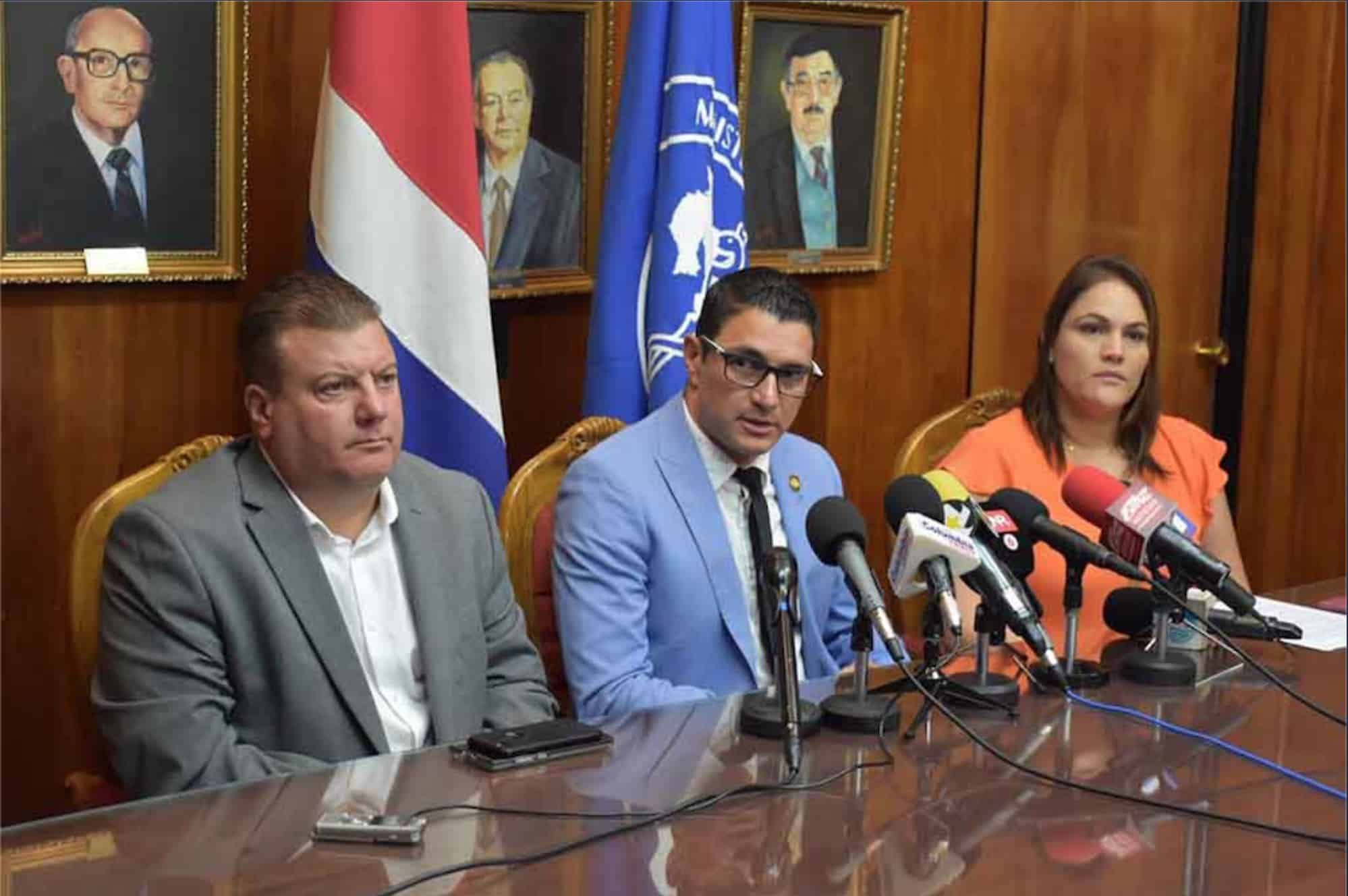This story was last updated at 11 p.m. on Friday, March 6.
A 54-year-old man is in intensive care at a Costa Rican hospital. Health authorities suspect he has COVID-19, the disease caused by the novel coronavirus.
The Costa Rican is in “delicate condition.” He is diabetic and developed pneumonia, “which has drastically complicated his state of health,” according to a Health Ministry press release.
The Alajuela resident recently visited Panama and was asymptomatic when he re-entered Costa Rica on Feb. 22. Symptoms began on Feb. 28.
“The origin of the epidemiological link of this patient is still being investigated,” the Health Ministry said.
The national reference laboratory at INCIENSA is currently testing the patient for COVID-19.
If confirmed, the 54-year-old would mark the second — and most serious — case of the new coronavirus within Costa Rica. Earlier Friday, the Health Ministry confirmed a United States citizen in Costa Rica is infected.
Story from 3:30 p.m. follows:
Costa Rican health authorities have confirmed the first case of the novel coronavirus within the national territory.
A 49-year-old tourist from the United States tested positive for COVID-19, caused by the new coronavirus that has been declared a global health emergency, the Health Ministry said Friday afternoon.
Her husband, also 49, is still considered by the Health Ministry as a suspected case of the virus.
The husband and wife flew into Juan Santamaría International Airport on March 1. Both were asymptomatic upon their arrival to Costa Rica, but the Health Ministry says the man had “contact with a COVID-19 coronavirus positive person in New York.”
The couple remains in isolation at their San José area hotel, but they previously visited the Pacific coast and Costa Rica’s northern zone in Alajuela province. Their flight carried 152 people, the Health Ministry says.
Two other suspected cases — a pair of Costa Ricans who had returned from a trip to Italy and Tunisia — were tested and determined not to be infected by the novel coronavirus, the Health Ministry said Friday afternoon.
President Carlos Alvarado, speaking at a press conference, issued a call to the Costa Rican people to follow the recommendations of health authorities in order to mitigate an outbreak within the Central American country.
“Costa Rica confirms its first case of coronavirus COVID-19,” Alvarado wrote on Twitter. “The country has prepared to face this new virus since January. We call to follow the official information of the Health Ministry; our public health system works to protect all people.”
COVID-19, which originated in China, has infected more than 100,000 people worldwide, with 3,456 dead in 92 countries.
Original story follows:
Costa Rican health authorities are tracking four suspected cases of the novel coronavirus within the country’s borders.
A 52-year-old woman and her niece, 47, are both presenting symptoms of COVID-19 after returning to Costa Rica from Italy and Tunisia, the Health Ministry reported Thursday.
Two U.S. citizens — a husband and wife — are isolated in a San José hotel. The woman developed symptoms after entering the country on March 1, and the man “was in contact with a COVID-19 coronavirus positive person in New York,” according to the Health Ministry.
All four patients are in isolation and in stable condition, according to the Health Ministry. Tests to confirm whether the patients have the novel coronavirus are being conducted by the national reference laboratory at INCIENSA.
Test results for the two Costa Rican women are expected on Friday afternoon.
“We call on the population to remain calm, at this moment it is classified as a suspected case and I want to emphasize that it is only suspected, so, for the moment, we cannot affirm that we have confirmed cases of the new coronavirus in Costa Rica, much less that there is active transmission from person to person in our country,” said Daniel Salas, Costa Rica’s Minister of Health.
Salas also issued a reminder that the public should prioritize washing their hands frequently, avoiding handshakes or kisses as part of greetings, and following protocols for coughing and sneezing.
Stay at home if you feel ill, and contact health authorities if you present respiratory symptoms after visiting a country with active COVID-19 transmission, Salas said.






